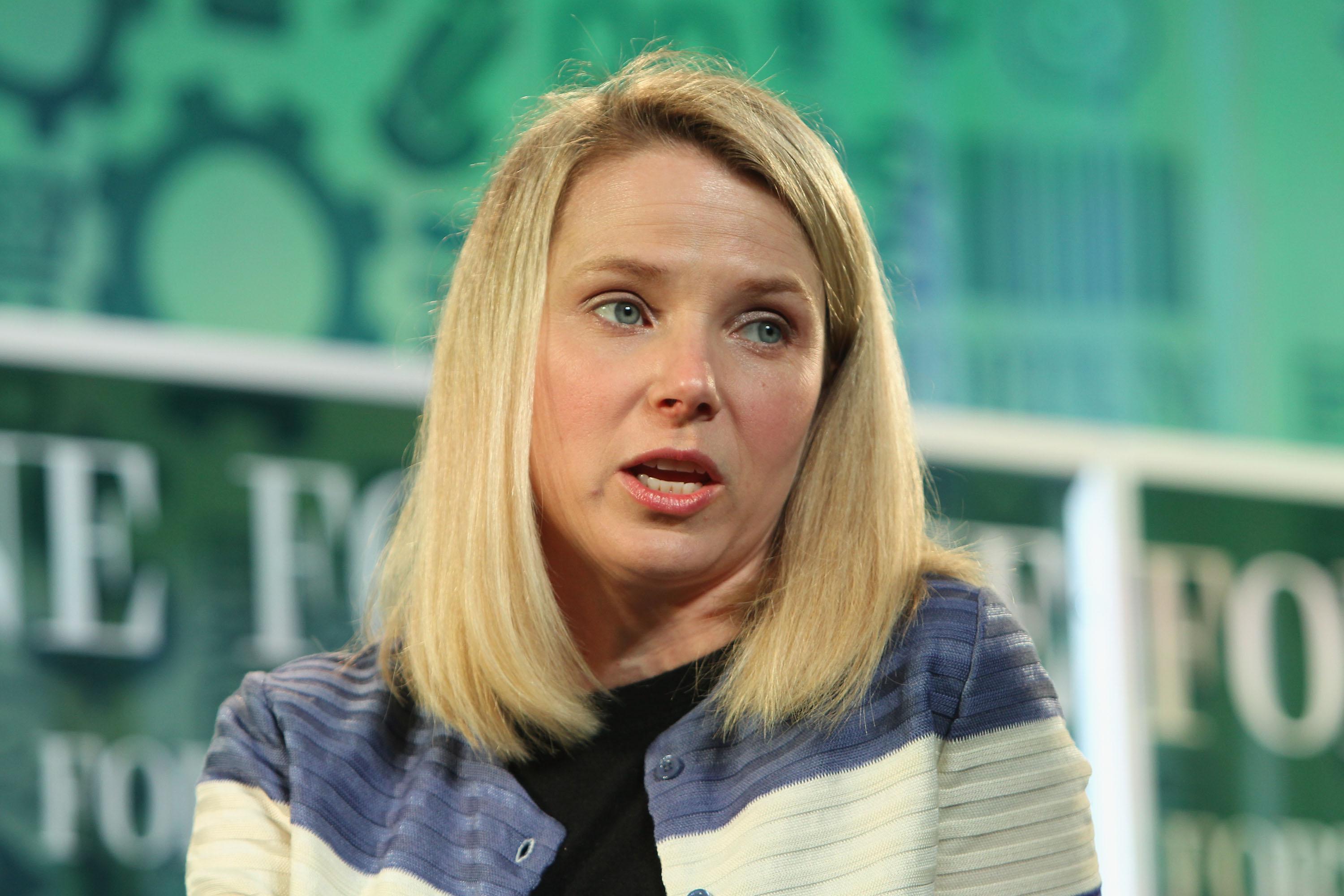A Gallup poll released today finds that Americans, if forced to choose, would still prefer a male boss to a female one. While four in ten workers report no preference, 35 percent are happier with a man at the helm; 23 percent would rather take orders from a woman.
While ideally a boss is a boss is a boss, these numbers represent progress from 1953, when Gallup first posed the question. Back then, 66 percent of Americans said they preferred a male leader, compared to 25 percent who didn’t care and just five percent who would opt for a woman.
What factors predict who is most comfortable with a man at the top of the office food chain? Sex, unsurprisingly—although this preference doesn’t play out in the way you might expect. Women are more likely than men to prefer both male bosses (40 percent versus 29 percent) and female bosses (27 percent versus 18 percent), while just over half of men are indifferent to the gender of the big kahuna. (Women: More opinionated in general? Or more sensitive to questions of gender in the workplace?) Also, working for a woman made respondents equally likely to prefer a male or female boss; this suggests that as women take on more leadership roles at work, overall attitudes about the desirability of lady honchos may keep shifting. (By contrast, 35 percent of those who worked for men were eager to continue working for a man, compared to 17 percent who said they would rather jump ship to a woman and 45 percent who didn’t care.)
Republicans—guardians of tradition—prefer a male boss 40 percent of the time, as opposed to 33 percent of the time for Independents and 32 percent of the time for Democrats. They are also less likely to want to answer to a woman: Only 16 percent of conservatives favor a female boss, compared to 20 percent of Independents and 33 percent of liberals. (I know: You’re shocked, shocked.)
Though Americans of all education levels prefer a male boss, they prefer him by larger margins when they’ve had fewer years of school.
You might expect younger Americans, coming of age in a world of eroded gender disparities, to be less invested in the sex of their bosses than their moms and dads. Not so: Workers between the ages of 35 and 54 proved the most nonchalant about whether they took orders from men or ladies. Only 30 percent of these adults said they preferred male leaders, compared to 37 percent of adults aged 18 to 34. (Actually a little bit shocked!)
What accounts for the desire, diminishing but still observable, to have a guy in charge? “It’s a general cultural phenomenon, the preference for men leaders and bosses,” Alice Eagly, Ph.D., a social psychology professor at Northwestern University, told Forbes in 2010. She supposes that “leaders are thought to be people who are dominant and competitive and… confident. Those kinds of qualities are ascribed to men far more than women. Women are ascribed to be nice. We are, above all, nice.”
Authority does seem to retain a male aftertaste. Unlike men, women who embody traits like boldness and decisiveness often do so at the expense of their likeability. And while it appears contradictory that women might prefer slaving for The Man, a perceived scarcity of top brass positions for women in some work environments may fuel competition and ill will among female colleagues. A 2009 survey of 2000 employees in the UK suggested that 40 percent of women with female bosses believed they could outperform their supervisors. Women in the study also slammed female bosses as softer, more waffling, less forthright and less visionary than male ones. May this “you’re not the boss of me” attitude toward leading ladies soon go the way of the typing pool.
